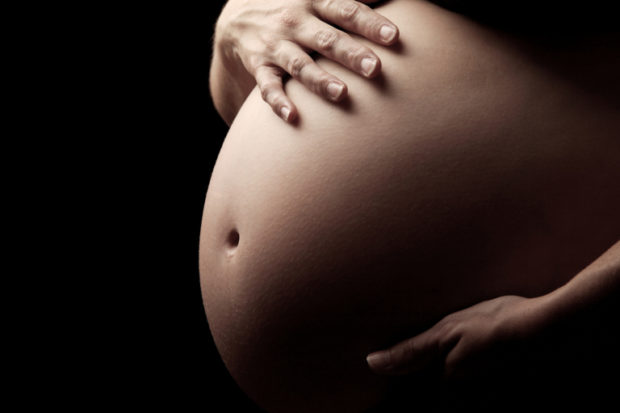New study suggests many popular fertility and pregnancy-planning apps lack accuracy

New research has revealed some of the flaws with fertility apps. Image: pascalgenest/IStock.com via AFP Relaxnews
New United Kingdom research suggests that despite their popularity, there is little evidence to suggest that fertility and pregnancy-planning apps are accurate.
Carried out by researchers at The Open University, Milton Keynes, the new study looked at 18 relevant studies from 13 countries that had investigated currently available fertility and pregnancy-planning apps.
Of the 13 studies, six had focused on fertility and reproductive health tracking, four had looked at pregnancy planning, and 11 had looked at pregnancy prevention.
The findings, published online today in the journal BMJ Sexual & Reproductive Health, showed that women use fertility and health-tracking apps for various different reasons, and these reasons can change over time and overlap. Unsurprisingly, whatever a woman’s reason for using an app, they want one that is accurate and evidence-based whether it’s for tracking their fertility or planning or preventing a pregnancy.
However, the researchers also found that the makers of the apps seldom involve women in their design or development, or bear in mind the way women use these apps in everyday life.
The researchers point out that the use of mobile health apps, including apps that monitor monthly menstrual cycles and fertility, has grown significantly in recent years, with period-tracking apps alone downloaded at least 200 million times in 2016.
But despite their increasing popularity, the researchers say the apps are developed with little expert input or hard evidence, and there is minimal regulation of them.
They add that the lack of evidence for their effectiveness in helping women avoid unintended pregnancy is particularly concerning, and that when it comes to pregnancy planning, there is not enough published evidence to draw conclusions about the apps’ levels of accuracy. Moreover, any evidence that does exist actually suggests that the apps lack the accuracy needed.
“The ability to accurately predict the fertile window is important, but the limited research that exists seems to indicate that many of the most popular apps are not accurate, even though they might contain information that supports pregnancy planning or are marketed specifically for this purpose,” say the researchers. “[This] could be very misleading for women and couples that are trying for a baby.”
The researchers also added that “…women may be using a range of apps for pregnancy prevention that are not intended to be used in this way,” which they warn risks unintended pregnancy.
“There is considerable scope for future research,” add the researchers, who suggest looking at a broader sample of women which includes a larger range of ages, countries, and cultures. “The involvement of fertility specialists and other health professionals should also be an important aspect of future research and development in this field,” they conclude. CL /ra
RELATED STORIES:
Babies still at risk of smaller body size even when mothers quit smoking early in pregnancy